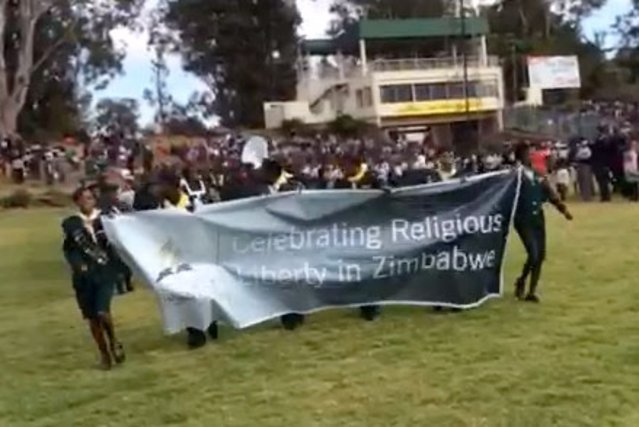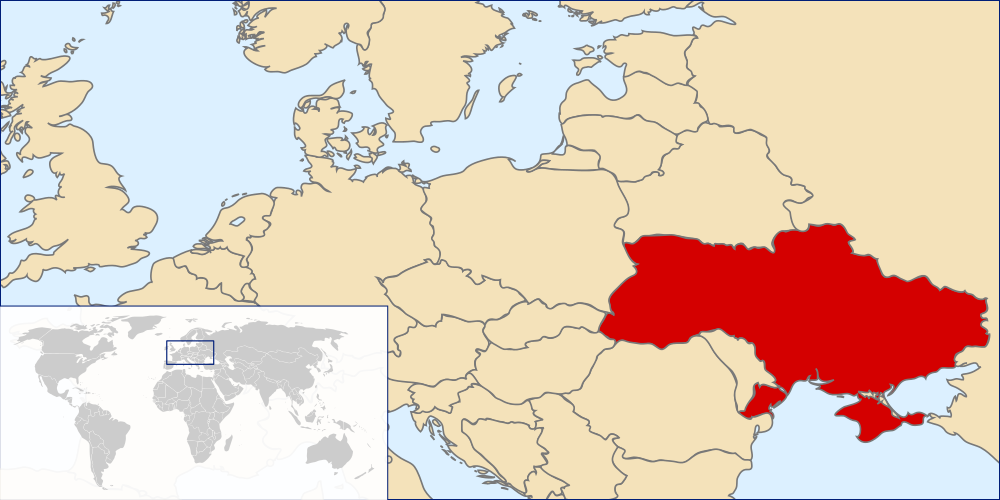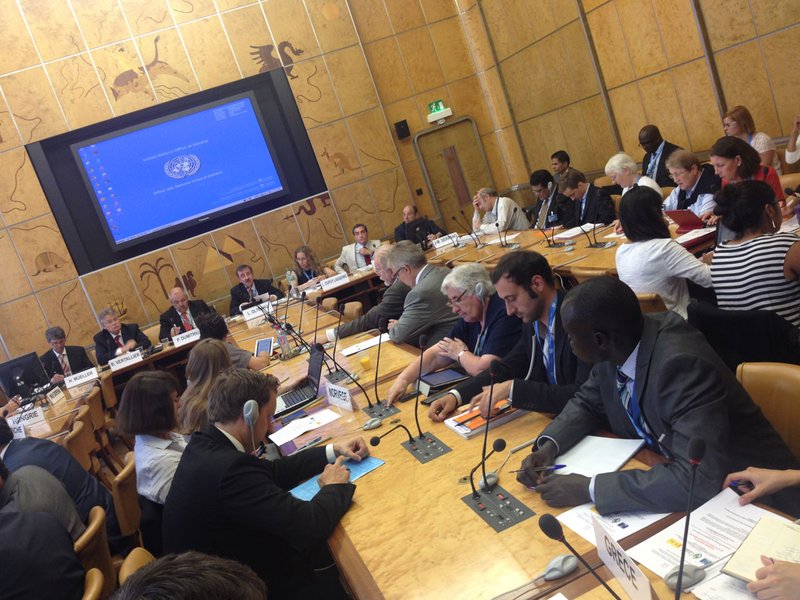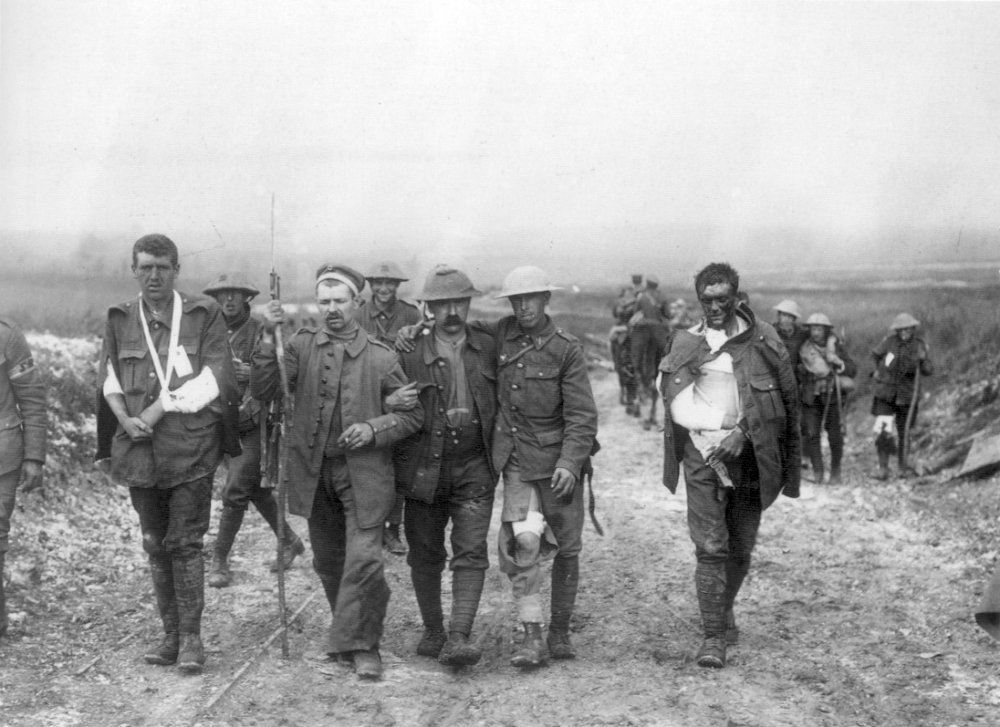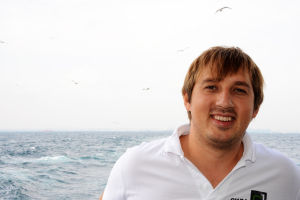AR: Dutch Politician Marianne Thieme Continues to Lead the Party for the Animals
 The Adventist Review recently ran a story on Marianne Thieme, the Dutch Politician who co-founded the Party for the Animals.[1] Despite criticism, the party has thrived in the Netherlands and has spread to other countries. "Thieme said her secret for success has been to live what she teaches, stand by her convictions, and determinedly press ahead despite opposition, remembering that heated emotions can be a catalyst for change." Thieme shares, “I have experienced that one can be successful by sticking to your ideals and by practicing what you preach.”
The Adventist Review recently ran a story on Marianne Thieme, the Dutch Politician who co-founded the Party for the Animals.[1] Despite criticism, the party has thrived in the Netherlands and has spread to other countries. "Thieme said her secret for success has been to live what she teaches, stand by her convictions, and determinedly press ahead despite opposition, remembering that heated emotions can be a catalyst for change." Thieme shares, “I have experienced that one can be successful by sticking to your ideals and by practicing what you preach.”
Although she is a Seventh-day Adventist, "never expect to see Thieme preaching on the job. The Party of the Animals is secular, and Thieme keeps matters of church and state strictly separate." A colleague reveals, “She doesn't believe in 'Christian politics'; therefore, she started a secular party. She strongly believes in the separation between church and state.”
Naturally, Thieme is a vegetarian, as is her husband, Jaap Korteweg (aka, The Vegetarian Butcher). The Adventist Review article looks into this part of her story:
While studying vegetarianism a decade ago, Thieme learned about Adventists and began to read books by Ellen White. She said she was struck by White’s message of compassion toward animals and her passionate plea for vegetarianism.
“I dare say she was an animal rights activist,” Thieme said.
One passage that particularly impressed her came from a chapter titled “Flesh as Food” in White’s book “Ministry of Health”: “Animals are often transported long distances and subjected to great suffering in reaching a market. Taken from the green pastures, and traveling for weary miles over the hot, dusty roads, or crowded into filthy cars, feverish and exhausted, often for many hours deprived of food and water, the poor creatures are driven to their death, that human beings may feast on the carcasses.”
“Together with my beliefs and my animal advocacy, the Adventist Church appealed to me and I became an Adventist in 2006,” Thieme said.
Her joy was short-lived, however. As she began to talk with other Adventists, she found that some downplayed White’s writings as old-fashioned.
“Old-fashioned? I was so surprised,” she said.
Thieme said she saw nothing 19th century in White’s writings about a healthier life with no animal products, her compassion toward animals, her advice not to smoke cigarettes, and the fact that Adventists were the first religious group with health programs to stop smoking and provide vegetarian products.
“Right now, at this moment, it’s a most relevant and current message,” she said.
She said Adventists should be more visible in ongoing global discussions about the impact of meat on climate change, obesity, animal welfare and a looming food crisis.
Read the entire story here. Note the additional resources at the end of that article, as well as these three:
- Marianne Thieme — Party for the Animals (Adventist Activism, 3 May 2013)
- Sabbath at the Spectrum Café: Marianne Thieme (Spectrum, 1 May 2013)
- A Platform of Compassion (Spectrum, 18 February 2008)
- - -
[1] , "Dutch Politician Finds Success in Practicing What She Preaches," Adventist Review (24 July 2014); http://www.adventistreview.org/church-news/pioneering-dutch-politician-finds-success-in-practicing-what-she-preaches.
NOTE: See other APF articles about Thieme here.

